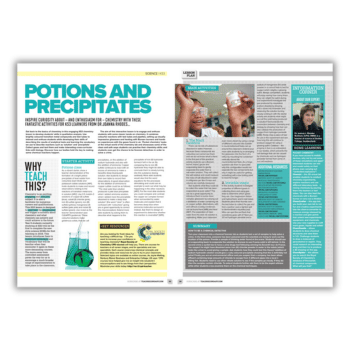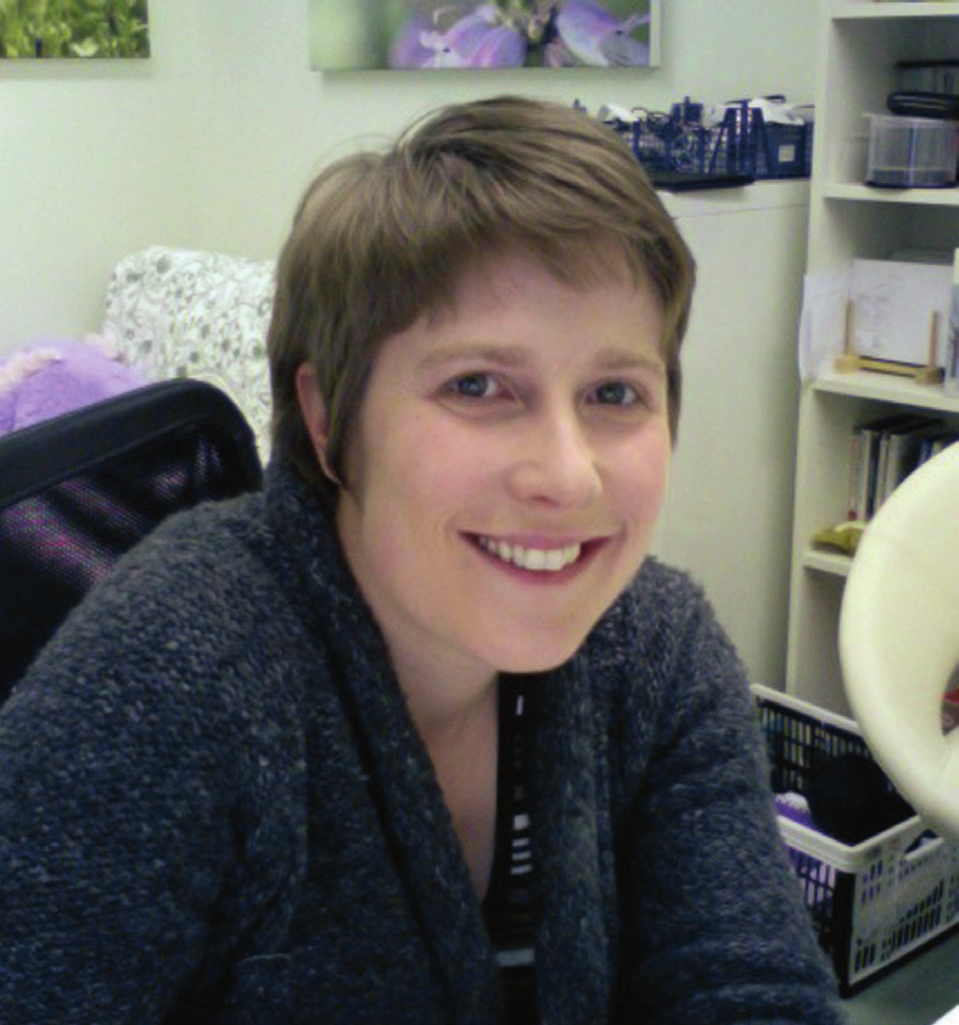Get back to the basics of chemistry in this engaging KS3 chemistry lesson to develop students’ skills in qualitative analysis…
Use brightly coloured transition metal compounds and test tubes to interest and enthuse students. You’ll develop their skills of describing the results of analytical tests. Pupils will also learn the vocabulary we use to describe reactions such as ‘solution’ and ‘precipitate’.
Collect gases and test them and make interesting cross-curricular links with biology. Discover how our bodies hold the key to making some chemical reactions happen.
Qualitative analysis in chemistry
The aim of this interactive lesson is to engage and enthuse students with some classic hands-on chemistry.
It combines colourful reactions with test tubes and pipettes, setting up visually impressive glassware and heating with Bunsen burners and hands-on experiences with the gases found in air.
‘Pocket chemistry’ looks at the virtual world of the chemistry lab and showcases some of the clean and safe ways students can practise their chemistry skills. Students even get the chance to be forensic detectives in order to solve a crime.
Why teach this?
Chemistry is an exciting, engaging and colourful subject. It is also a facilitator for numerous careers and qualifications.
This KS3 lesson is designed to captivate the imagination and trigger a curiosity about chemistry and what chemists can achieve and could achieve in the future.
This lesson introduces KS3 students to analytical techniques and vocabulary that will be familiar when they encounter it again later down the line.
Dr Joanna L. Rhodes is a teacher of science at Shelley College, Huddersfield.











